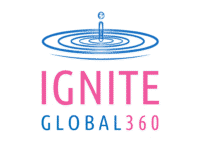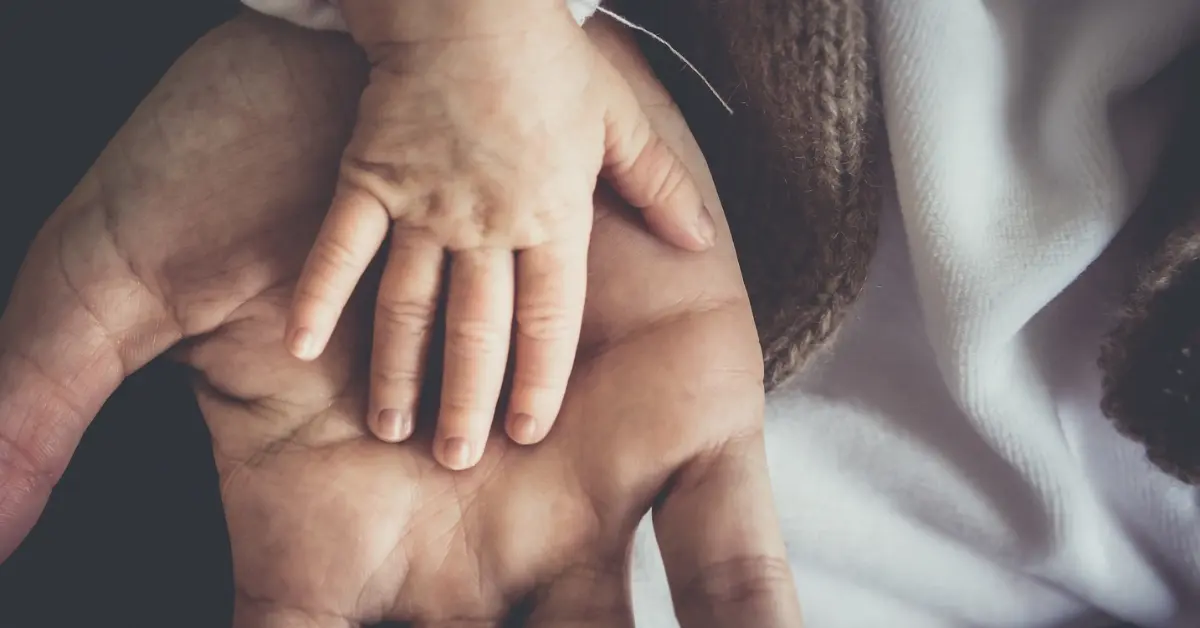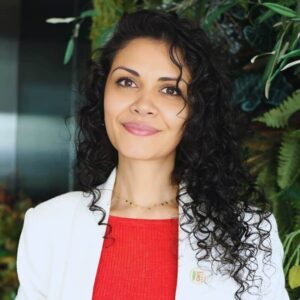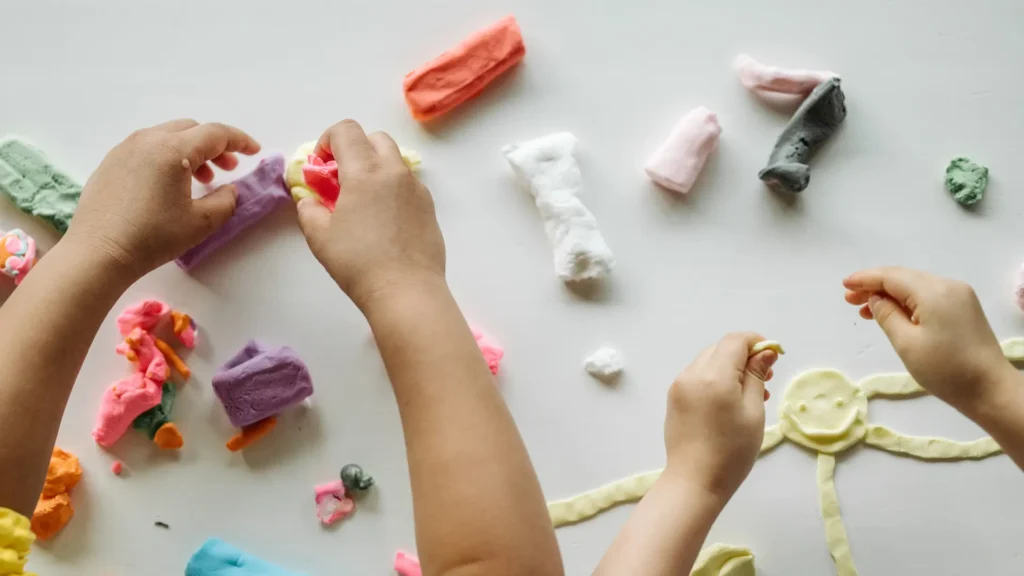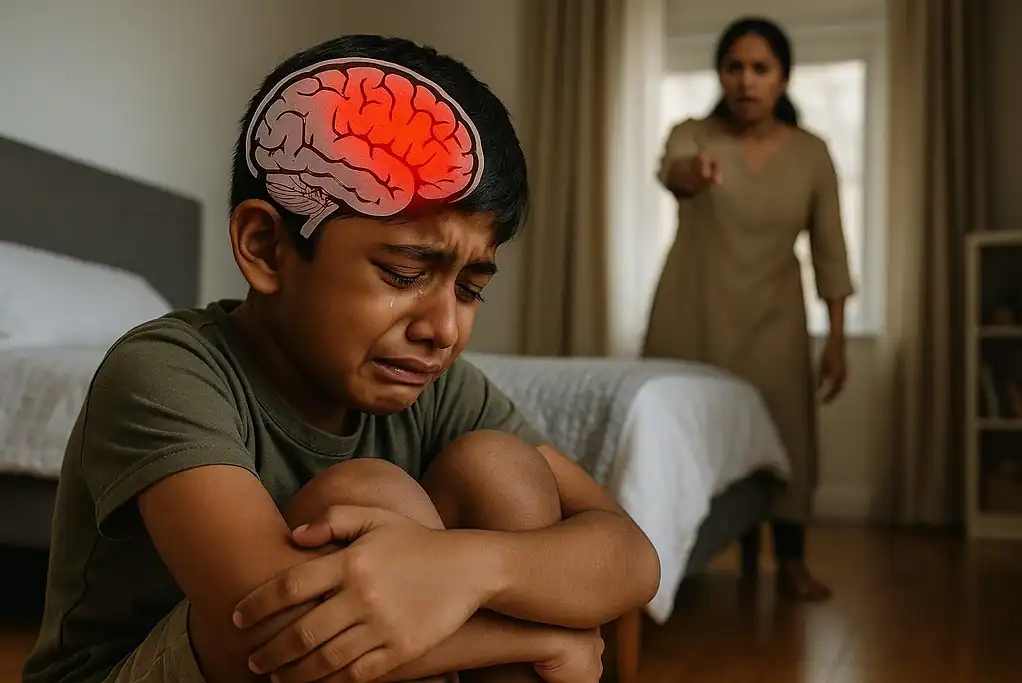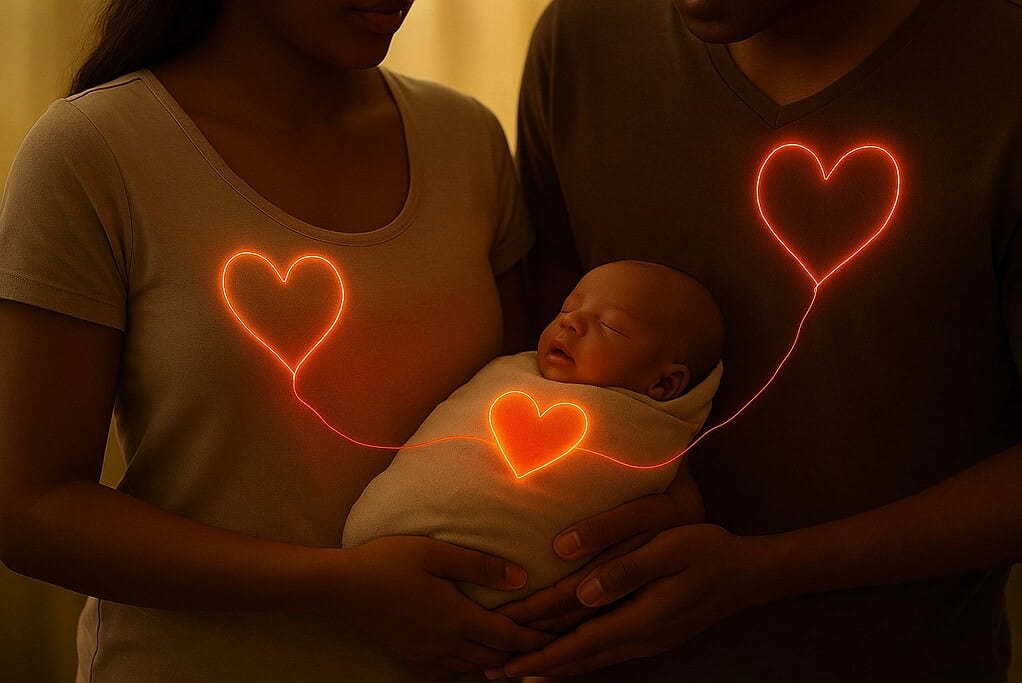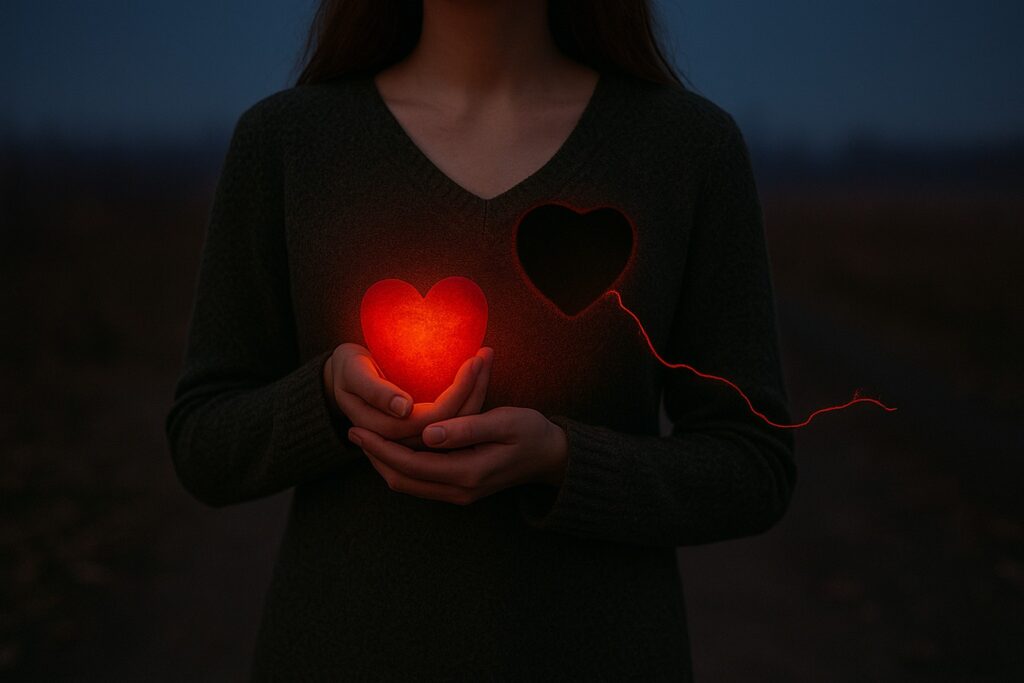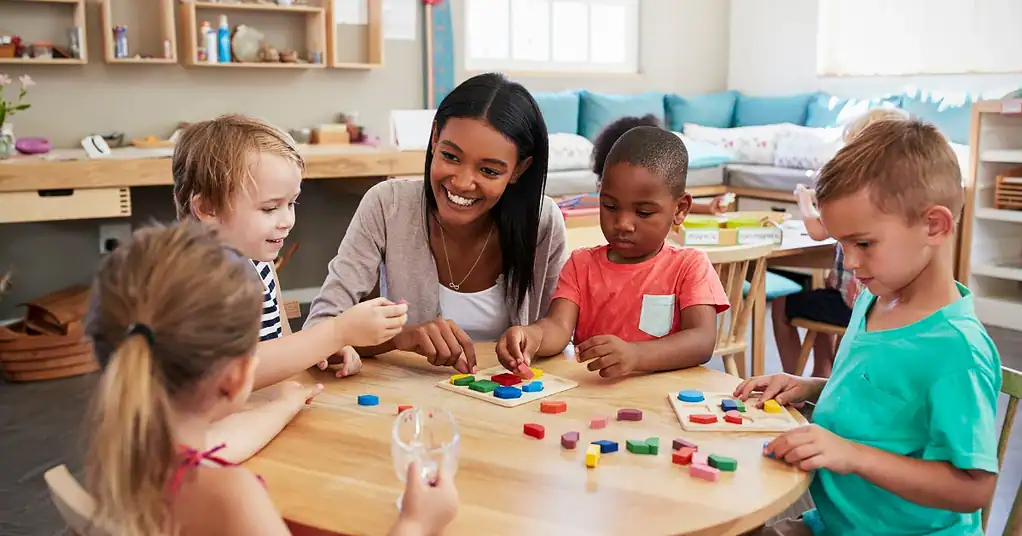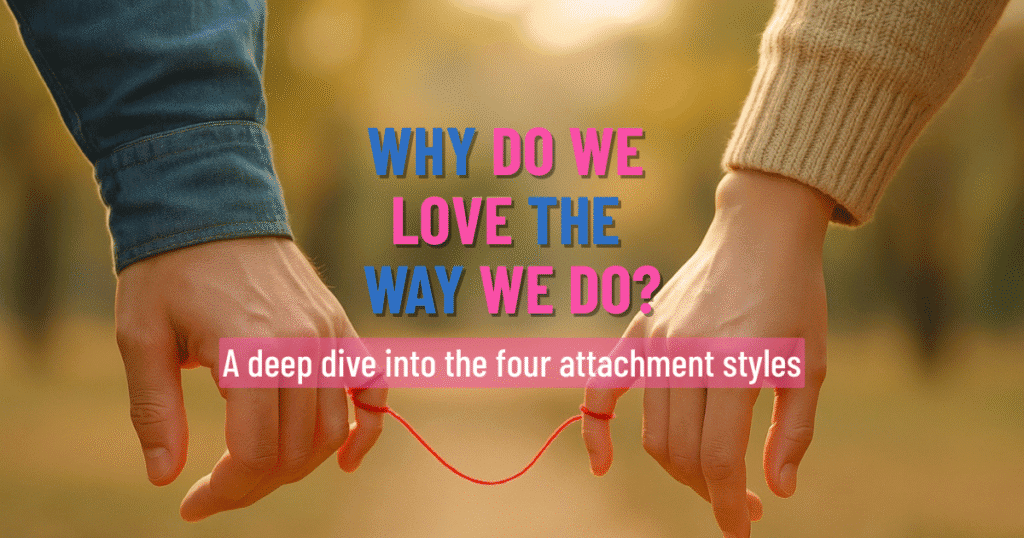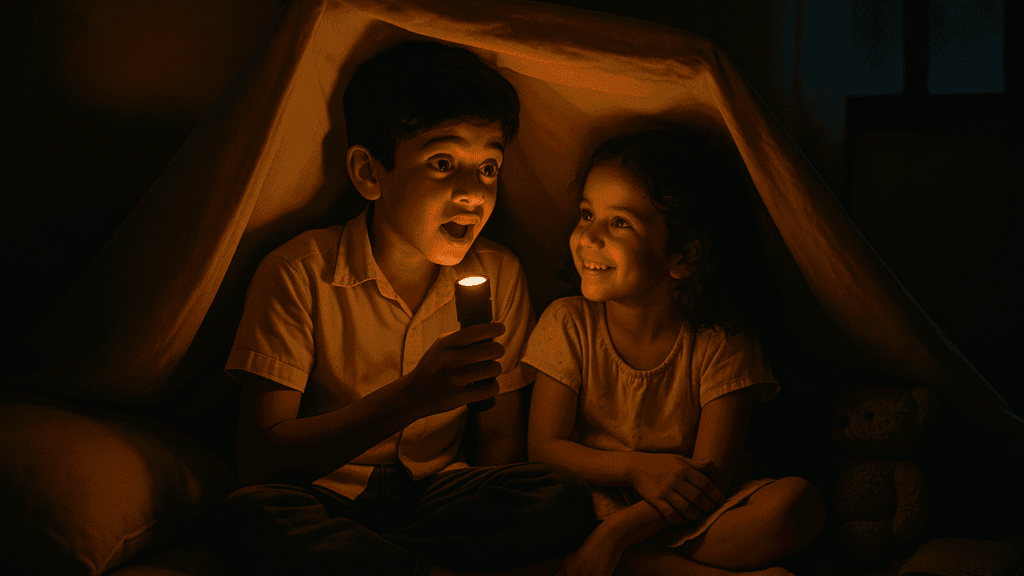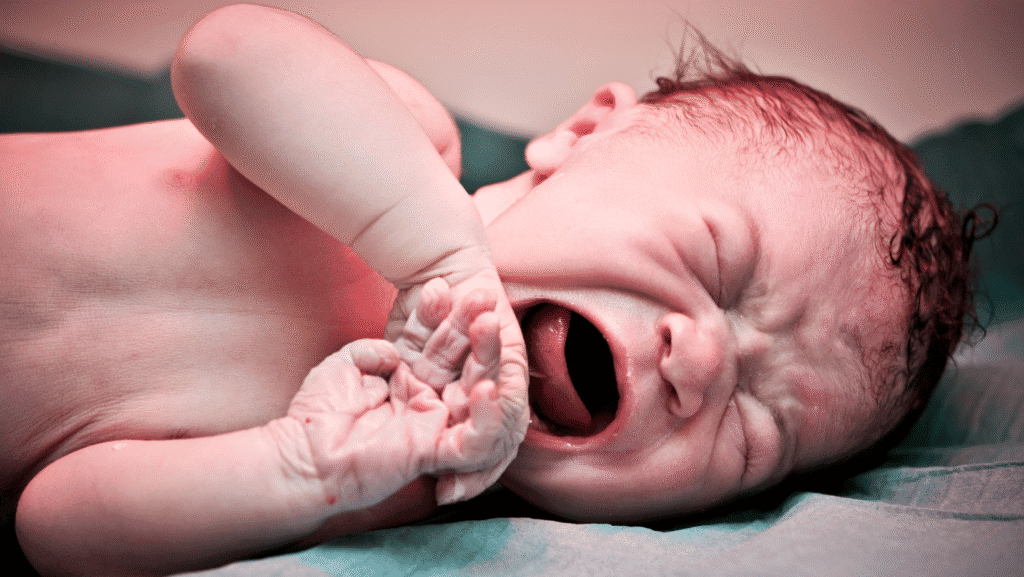Table of Contents
ToggleA Reflection on Invisible Wounds and Building a Better Tomorrow
It has been over 15 years since I began this journey; a journey dedicated to creating a positive and lasting impact on the lives of children, adolescents, and their families. As I reflect on these years, I realize it was those early days as an Early Educator, immersed in the Montessori Philosophy, that laid the foundation for my life’s work. It was during those tender years of working with little souls in their most formative and vulnerable stages that I learned my greatest lessons. Lessons not from textbooks, but from the children themselves.
A Message from the Princess of Wales
The Undervalued Significance of Early Childhood
In our society, we often underestimate the profound importance of early childhood, caregivers, and primary educators. How many times have I been asked, “So you teach kindergarten? Isn’t that just playing with kids all day?” At first, such remarks were annoying, but soon they became revealing—a stark reminder of how uninformed and dismissive our world can be toward the most important work of shaping and nurturing the future.
Early childhood is not simply a stage of play. It is the foundation on which a human life is built. During these years, the brain develops rapidly, laying pathways that influence a child’s emotional, cognitive, and mental health for a lifetime. Every interaction matters. Every word matters. And yet, we fail to see that those who hold the responsibility of nurturing young minds are truly holding the world in their hands.
Understanding Childhood Trauma
Invisible Wounds with Lifelong Impact
The Centers for Disease Control and Prevention (CDC) has conducted groundbreaking research on Adverse Childhood Experiences (ACEs), traumatic events such as abuse, neglect, and household dysfunction that occur before the age of 18. The statistics are sobering: 63.9% of U.S. adults report experiencing at least one ACE, and 17.3% report four or more. These numbers are a wake-up call, but they are just the tip of the iceberg.
Childhood trauma does not always come in obvious forms. It is not always about life-altering events. Sometimes, trauma is woven into the fabric of everyday life:
A child is compared to someone “better” until they lose their sense of self-worth.
A young boy or girl made to feel guilty or ashamed over things they couldn’t control.
A child taking on the role of caretaker for their family far too early is forced to grow up before their time.
A household where everyone walks on eggshells to avoid triggering a parent’s outburst or breakdown.
A child enduring the unimaginable abuse or molestation by someone they trust.
These are invisible wounds. Wounds that are buried so deep we may forget they exist. Yet, as adults, they show up. They show up in our relationships, our addictions, our struggles with mental health, and our inability to find peace. We feel pain, but we don’t always know the source until we look back. Until we examine the broken pieces of our childhood.
From “Doing” Parenting to “Being” Parenting
No parent is perfect. Every parent does the best they can with what they know. However, we must come to terms with the truth: Every interaction we have with a child leaves a mark—a mark that can last a lifetime. It is time to reevaluate our approach, not only in parenting but also in education. We must find ways to nurture children without crushing their emerging, beautiful souls.
In today’s fast-paced and often demanding world, parenting has become one of the hardest roles we play. We are so caught up in ‘doing’ parenting, managing schedules, perfecting routines, and meeting external expectations that we miss out on ‘being’ parents. We forget that the heart of parenting is not about perfection; it is about connection. The parent-child relationship is the very foundation of a child’s emotional world, their ability to trust, and their sense of safety in this often chaotic world.
Change begins with us. If we want to see a better future for our children, we must be the change. As Mother Teresa wisely said: “What can you do to promote world peace? Go home and love your family.” It is not grand gestures that change the world. It is small, consistent acts of love, patience, and understanding.
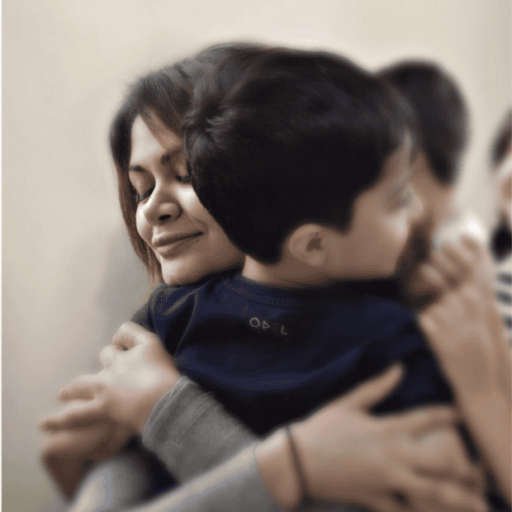
Our Commitment to Positive Change
At Ignite Global, we are privileged to stand at the forefront of transformational coaching education. As the creators of the world’s first-ever Child/Adolescent Development and Parenting Coaching Mastery Certification and the Trauma-Informed Psychedelic Integration Advanced Practitioner Certification, both fully accredited by the International Coaching Federation (ICF), through our diverse professional Coaching Certification programs, we are honored to train intentional, soulful professionals who are committed to creating meaningful change.
Our alumni include clinical child psychologists, international educators, high court judges, neurodivergent specialists, lawyers, therapists, social workers, diplomats in human development, and many more, all working toward building a healthier, more compassionate world.
Recognizing the need for support in Holistic Child Development, especially in developing countries, we are initiating a global campaign to support those who could benefit from receiving child developmental professional support. We will be offering different categories of scholarships such as professional development scholarships and child development/parenting coaching scholarships. They are currently open to single moms, foster care children/adolescents, foster care parents, children/adolescents in orphanages, and staff members. The application will be open from January 2025.
A Better Future Starts Now
As we close this year, I invite you to reflect deeply on the lives we touch, as parents, educators, caregivers, and professionals. Every word, every action, and every moment we share with a child has the power to build or break. Let us choose to build. Let us choose to nurture the kind of love and support that strengthens children today, so we do not have to repair broken adults tomorrow.
In the wise words of Frederick Douglass: “It is easier to build strong children than to repair broken adults.”
Thank you for being a part of this mission, for believing in the power of intentional parenting, and for supporting us in creating a positive impact for generations to come.
Wishing you a joyful holiday season and a Happy New Year 2025! May the year ahead be filled with love, and purposeful growth.
With grace and gratitude,
Lux Hettiyadura
The Creator and the Program Director: Professional Coaching Mastery Certification encompassing Child Adolescent Development and Parenting (ICF)
